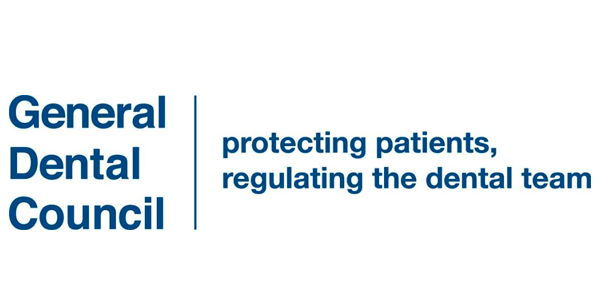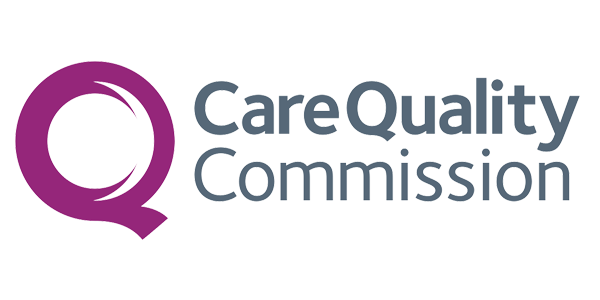In recent years, a growing trend has emerged among UK residents seeking dental treatments abroad, commonly known as dental tourism. The allure of lower costs and the opportunity to combine dental care with a holiday can be enticing. However, it’s essential for UK patients to carefully weigh the pros and cons of dental tourism against receiving care from local dental clinics. Let’s take a look at the advantages and drawbacks of both options.
Dental Tourism: The Pros
- Cost Savings: One of the primary reasons many UK patients consider dental tourism is the potential for cost savings. Dental treatments in some countries can be significantly cheaper than in the UK, making procedures like implants, veneers, and cosmetic dentistry more affordable.
- Combine Treatment with Travel: Dental tourism offers the unique advantage of allowing patients to combine necessary dental care with a vacation. This can turn a medical necessity into an enjoyable and memorable experience.
- Access to Specialists: Some countries are known for having renowned dental specialists who offer high-quality care. Patients may seek out these specialists for specific treatments that require expertise.
Dental Tourism: The Cons
- Quality and Standards: While there are reputable dental clinics abroad, there’s also a risk of encountering facilities with lower hygiene standards and inadequate training. It can be challenging to verify the credentials and quality of care provided.
- Follow-up Care: Dental procedures often require follow-up visits and adjustments. For patients who have received treatment abroad, arranging and managing these visits can be logistically complicated. It is common practice for dental clinics in the UK to only provide treatment if they have done the initial work. Therefore if you have an emergency, it could be challenging to be seen.
- Legal and Ethical Concerns: Dental regulations and practices can vary widely across countries. Patients may find themselves in unfamiliar legal and ethical situations if complications arise.
Local Dental Care: The Pros
- Convenience and Accessibility: Local dental care offers the advantage of convenience. Patients can easily schedule appointments, access follow-up care, and address any unforeseen dental emergencies.
- Familiarity with Regulations: UK dental clinics are subject to strict regulations and standards, ensuring patients receive safe and high-quality care. This familiarity can provide peace of mind to patients. You can refer to the General Dental Council for more information.
- Established Relationship: Developing a long-term relationship with a local dentist fosters better communication, trust, and personalised care. Dentists who know a patient’s history can provide tailored treatment recommendations.
Local Dental Care: The Cons
- Cost: Dental treatments in the UK can be relatively more expensive than some dental tourism destinations. However, the perceived higher cost often comes with guaranteed quality and adherence to regulations.
- Limited Vacation Aspect: Unlike dental tourism, local care doesn’t provide the vacation experience. Patients seeking a travel opportunity alongside their treatment might find this aspect lacking.
- Wait Times: Depending on the demand and availability, patients might encounter wait times for appointments, especially for specialised treatments.
In conclusion, the decision between dental tourism and local care is complex and depends on individual circumstances and priorities. While cost considerations can be significant, patients must also consider the potential risks and challenges of dental care abroad. Prioritising safety, quality, and long-term oral health should guide the decision-making process. It’s advisable to thoroughly research and consult with dental professionals before making a choice that best suits your unique needs.






